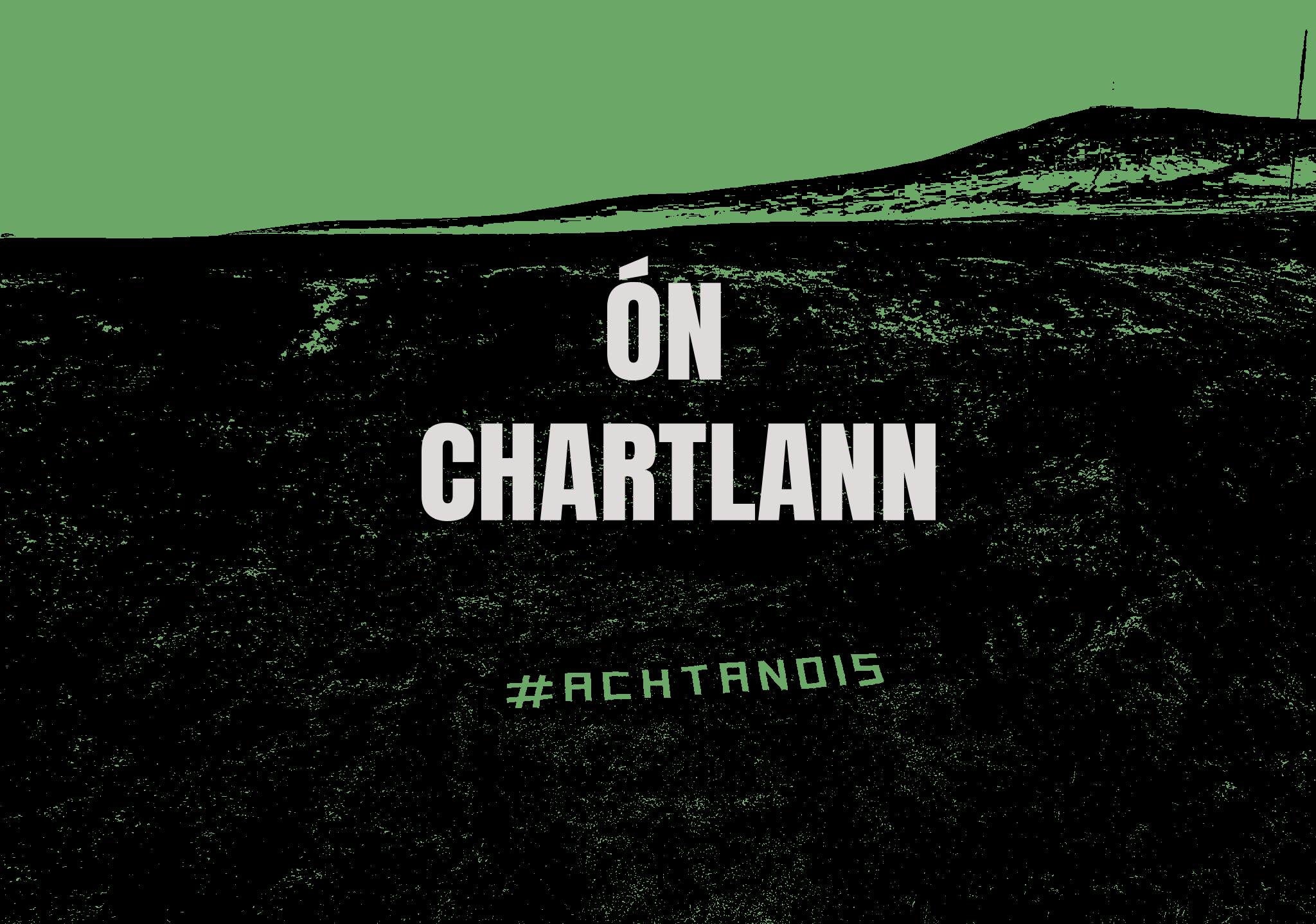An litir dhearg
Bí ar an eolas! Faigh ár nuachtlitir le bheith suas chun dáta leis na feachtais ar fad.

RESIDENTS of the lone council with no plans for a dual language street sign policy have asked for its introduction.
Five individuals from four streets have officially requested for a policy to be drawn up by Mid and East Antrim Borough Council so they can apply then for a sign in both English and Irish
The council said last week no requests to change or amend signs have been made but did not reply when asked about those residents asking for a change in policy.
Conradh na Gaeilge has an online portal to help individuals apply to have dual language sign on their street. The portal also facilitates residents asking for a change in policy, either to ease hurdles to apply and process or, in the case of Mid and East Antrim, to introduce one.
Pádraigh O Tiarnaigh, of Conradh na Gaeilge said: “We can confirm that since August 2022 five individual residents writing on behalf of four separate streets in the council area have officially written to Mid and East Antrim Council requesting they introduce a policy so they can then apply for an Irish/English street sign.”
The first four were sent between August and October with the final one earlier this month.
Mid and East Antrim’s position emerged after The Irish News revealed Ards and North Down Borough Council is moving towards the introduction of a policy on signs that included a language other than English. Its environment committee recently approved the adoption of the policy.
The 1995 Local Government Order allowed for signs in both English and another language, including Irish and Ulster Scots, with councils given responsibility for drawing up a policy and managing their introduction.
While the order does not authorise or require councils to erection dual language signs, other local authorities have received legal advice they should introduce a policy under both the 1995 provisions and subsequent conventions protecting the rights of minorities and their languages.
In a statement, Mid and East Antrim said: “Councils are enacted under the…Order…with responsibility for new street names, signage, renaming etc. However, MEA have had no requests to change or amend any thus far. There are currently no policies relating to minority/dual languages or for the dual language/renaming of streets. There are no plans to develop related policies at this time.”
Conradh na Gaeilge is investigating the legality of not having a policy in place, while also continuing action against what activists argue are restrictive ones that make extremely difficult for residents to have ones erected.
“We are going to enquire on the legality of them not having a policy in place. We believe the 1995 order does direct local councils to have a policy facilitating access to bi-lingual services,” said Mr O’Tiarnaigh.
"We would question the legality of their position.”
Antrim and Newtownabbey council introduced a policy on signs which stated they must be in English. This was challenged legally and the council folded, eventually drawing up a policy in 2018 but which was only passed last year.
There are sharp differences in the policies of the different council areas, with the process much easier in areas with a majority of nationalist and republicans.
In those with a unionist majority, an application first needs the support of a petition containing not less than one third of those aged 18 and over and on the electoral register.
Two thirds or more of all those canvassed need to then support the change in councils with a unionist majority.
Bí ar an eolas! Faigh ár nuachtlitir le bheith suas chun dáta leis na feachtais ar fad.